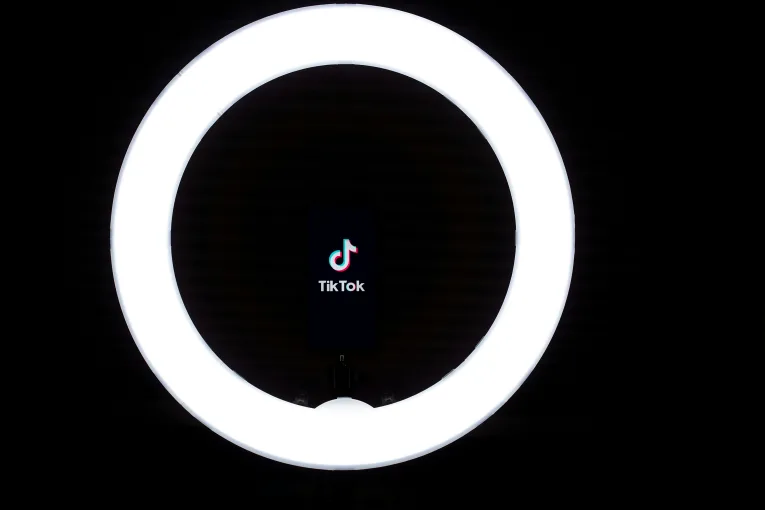As per an article by The Washington Post, a TikTok video— which was recorded on impulse by Restaurant Owner Lydia Tefera— went viral, bolstering the initially doubtful commercial future of the Dukem Ethiopian Restaurant.
The article describes how Tefera, after “yet another difficult discussion with her family about the future of their D.C. Ethiopian restaurant, walked outside, picked up her phone, and hit record.”
Showcasing how the instantaneous nature of social media can yield unexpected surprises, the article also states how “Tefera did not intend her digital plea to boost patronage at the Dukem Ethiopian Restaurant and it was not intended to go viral.”
With the language and nature of the TikTok video being relatively straightforward, The Washington Post article describes how Tefera put forth a raw and honest narrative of what her family was going through. According to the article, in the impromptu TikTok video, Tefera stated how the restaurant was nearly 30 years old, and the family did not know how much longer this business was going to last. The article also describes how Tefera requested the viewers of her video to tell a friend to tell a friend about the restaurant.
Ordinary as this sentence might seem to be— tell a friend to tell a friend—it is, in fact, a powerful marketing tool.
As per an article by Forbes, according to Nielsen, “92% of consumers believe recommendations from friends and family over all forms of marketing.” The Forbes article goes on to highlight how, in a recent study, “64% of executives believed that word of mouth is the most effective form of marketing. However, only 6% have mastered it.”
Showcasing how the power of social media extends beyond likes and followers, the article effectively describes how “the TikTok video racked up nearly 1 million views in five days.”
Depicting the consumer reaction that followed thereafter, the article narrates how “customers said in interviews and in comments on the post that they were stunned to realize that Dukem and its eye-catching U Street facade was in trouble.”
After this, the article says, “customers went out of their way to respond.”
Discussing the challenges that built up to the posting of the mentioned TikTok video, the article indicates how the obstacles that her restaurant endured were “similar to those faced by many of D.C. ‘s restaurants.” However, the article mentions that, for Tefera, common challenges such as “heightened business costs and diminished traffic” is just the tip of the iceberg.
The article describes how “the dilemma of Tefera’s family has been further complicated by questions about how to best preserve Dukem’s history as one of the first Ethiopian restaurants to open on U Street.” Elaborating on this, the article quotes Lydia Tefera’s older sister—Yodit Tefera—who stated how the restaurant was there before the area looked like what it does today.
Despite the pride that comes with harboring a legacy so immense, Yodit Tefera, in the article, described how the family continues to maintain an open commercial eye, and said how they are not closed to any opportunity that could help the restaurant thrive” by “keeping every option on the table.”
Clearly, this recent wave of what the article labels as “TikTok-fueled support” is just one of them.
